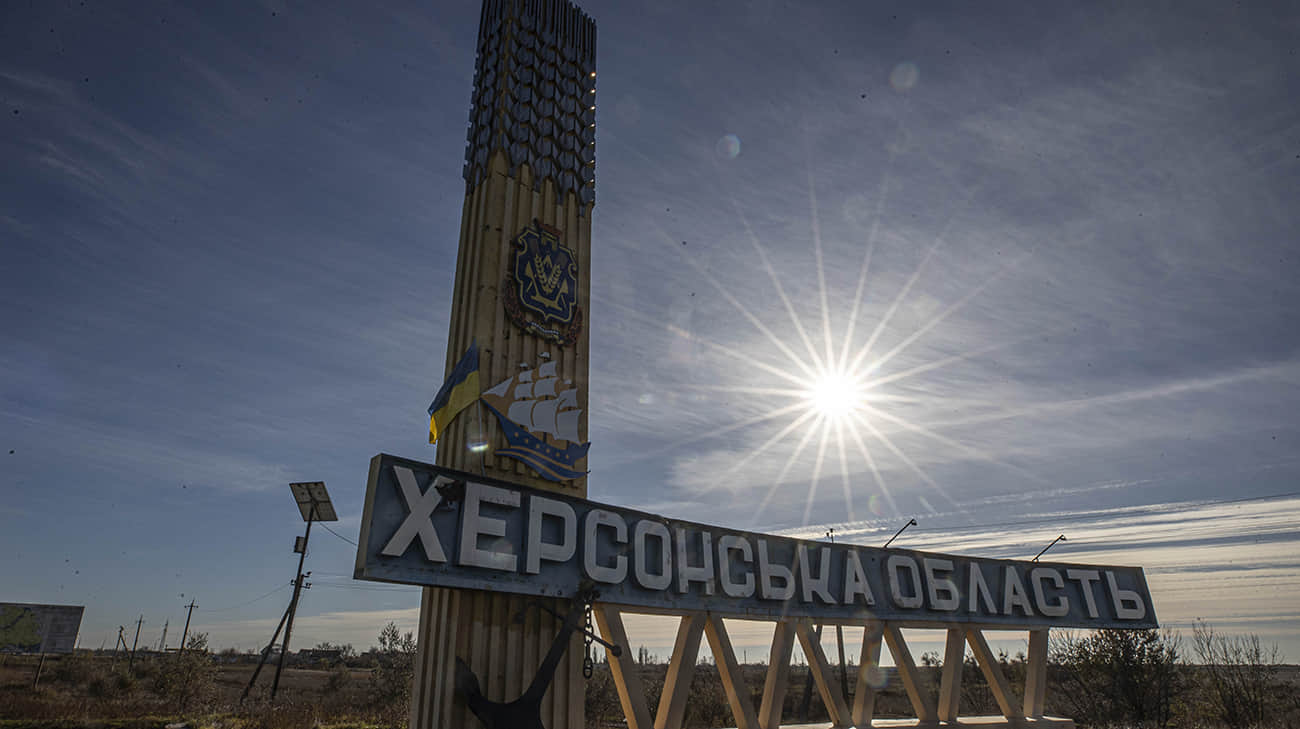Trump leaves China guessing what his next move is with unusual inauguration invitation
President-elect Trump took China by surprise when he invited President Xi Jinping to his upcoming inauguration, a friendly gesture ahead of a widely expected trade war.

President-elect Trump took China by surprise when he invited President Xi Jinping to his upcoming inauguration, a friendly gesture ahead of a widely expected trade war.
The move left everyone wondering what Trump was up to — a Chinese head of state has not attended a U.S. inauguration in all of history.
Xi is not expected to accept the invitation, sources told CBS News.
"We have a good relationship with China. I have a good relationship," Trump told CNBC on Friday. "We've been talking and discussing with President Xi some things."
But the invitation comes as the U.S. intelligence community disclosed a massive hack of eight U.S. telecom companies, finding that Chinese hackers had accessed the data of millions of Americans, including Vice President-elect JD Vance.
The hack, nicknamed Salt Typhoon and one of the most far-reaching in history, affected mostly people in the Washington, D.C., area, and was targeted at government-linked people. Information about their phone calls and texts was intercepted.
CHINESE HACKERS TARGET US TELECOMS: WHAT YOU NEED TO KNOW TO PROTECT YOUR DATA
Meanwhile, a Chinese national was arrested on suspicion of flying a drone over Vandenberg Space Force base in Northern California, the Department of Justice said Wednesday.
"Many people were disappointed by this invitation," said China expert Gordon Chang.
"A man who is responsible for spreading COVID beyond China borders, for being behind the fentanyl program, which kills 70,000 Americans a year, that was not a good look for the United States," he went on. "And it betrayed weakness."
"The Chinese president looks at that and believes that Trump is not serious," said Chang.
"Xi Jinping has made it clear that the United States is China's enemy. He's done that in many ways. And for an American president to show friendship is not a gesture in Xi's mind, it's a display of weakness, and Chinese leaders always take advantage of weakness."
It's not clear if the invitation means that Trump is looking to take a more diplomatic approach to the relationship with China after a campaign marked by threats of hiking tariffs.
CHINA DENIES NEW REPORT LINKING CCP TO FOUR SITES IN CUBA ALLEGEDLY USED TO SPY ON THE US
Trump has floated the idea of a 60% across-the-board levy on all goods imported from China, which would cover some $400 billion worth of products.
Free trade supporters have worried this would break a top campaign promise for Trump: to rein in and prevent the record inflation figures seen under the Biden administration.
And the threat of a trade war comes as military tensions rise in the Indo-Pacific. China has been putting on displays of force in the waters off the shores of U.S. allies like the Philippines and Japan, and increasingly threatening Taiwan, an island democracy it views as its rightful territory.
Defense experts have begun to muse whether the U.S. could find itself at war with China.
Lyle Goldstein, Director of Asia Engagement at Defense Priorities think tank, welcomed the news of the invitation, reading it as a sign of being willing to engage.
"Nothing like that has happened under the Biden administration," he said. "Trump is a dealmaker, and I think China is eager to make deals.
"The Biden approach was very ideological, you know, the world is black and white."
"If we go into a new Cold War, the results, I think, will be devastating for both the United States and China," Goldstein added. "I think there is some understanding in the Trump team that the stakes are enormous here."
China, meanwhile, is considering devaluing its currency further in anticipation of Trump's tariffs, according to a Reuters report.
"People have got to realize that trading with China generally is a good thing. But yeah, we have to. There are some key readjustments that need to take place," said Goldstein.
"I would like to see that take place from readjusting China's currency."


